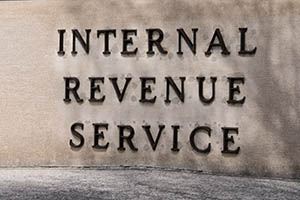Each year, taxpayers in Union County and throughout New Jersey file income tax returns that they prepared themselves or had an accountant or tax professional prepare for them. According to the federal IRS, about 17 percent of taxpayers will not comply with the tax laws, but failing to comply with the tax code might not necessarily lead to FBI or state investigations for tax fraud.
Fortunately, the folks at the IRS realize how complex federal tax laws and regulations can be for the average person. The use of a professional tax preparer does not guarantee that a taxpayer’s return will be error-free. An honest mistake, or even a mistake caused by the negligent preparation of a tax return, might lead to the imposition of interest and penalties, but it does usually does not result in allegations of tax fraud.
What distinguishes tax fraud cases from a mistake or negligence in preparing a return or interpreting the tax code is the intent of the taxpayer. An intentional effort on the part of a taxpayer to not pay taxes, or to pay less than what the taxpayer would actually owe, might lead to felony charges of tax fraud.
The government treats allegations of tax fraud seriously, with a conviction subjecting a person to penalties that could include fines up to $250,000 and up to five years in prison. The harsh sentences that courts impose are intended to deter others from engaging in the same type of conduct while punishing those who willfully fail to comply with the law.
It is not always clear whether a particular form of conduct supports criminal tax fraud charges. Determining whether taking advantage of loopholes in the tax laws to reduce the taxes a person may owe is a legitimate tax strategy or tax fraud may involve complex legal issues.
This posting is an overview of a complex area of the law and is not offered as legal advice. A person with questions about tax fraud charges should seek legal advice from a criminal defense attorney.


Leave A Comment